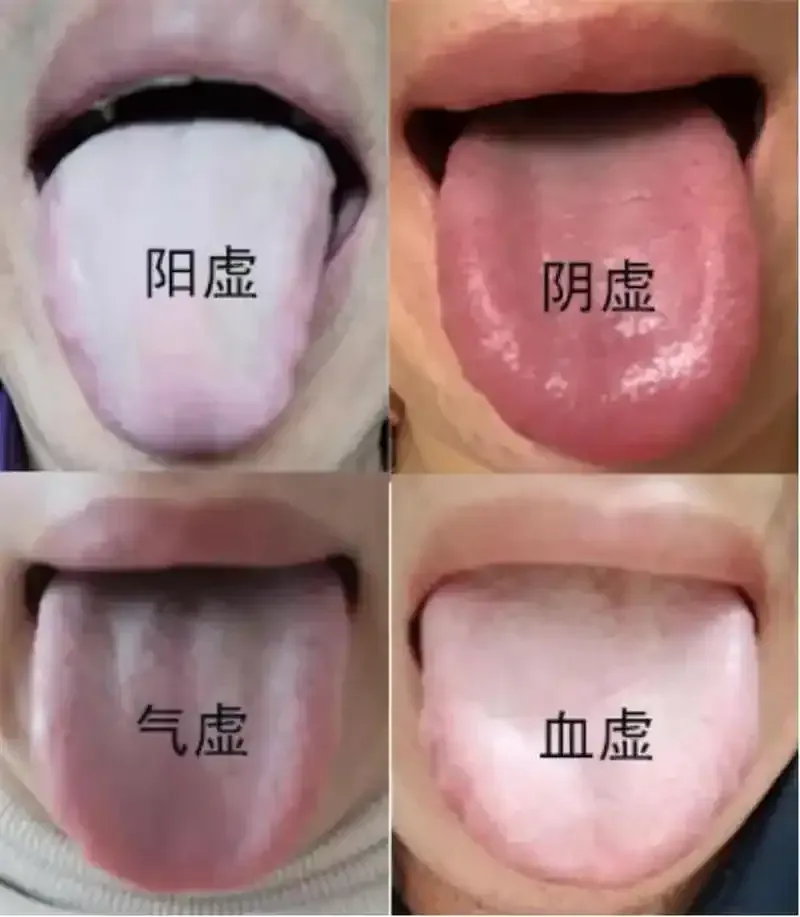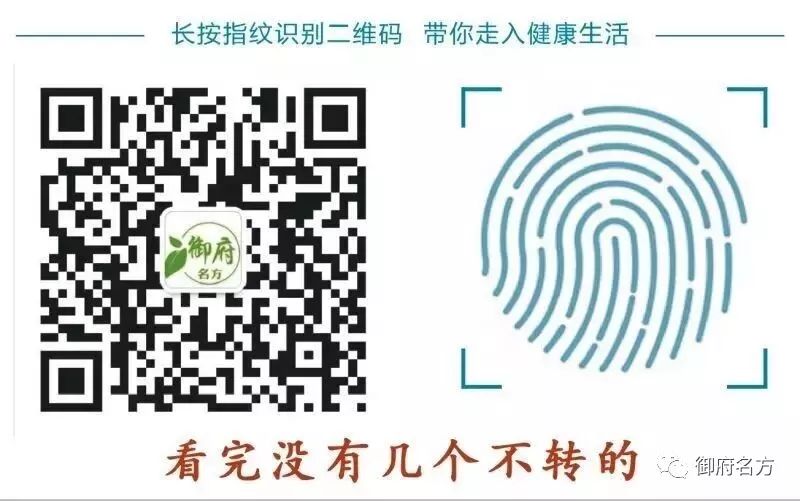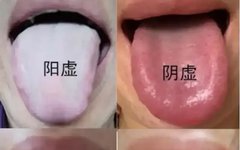 Dear friends, in Traditional Chinese Medicine (TCM), blood deficiency (xue xu) and yin deficiency (yin xu) are two distinct concepts, so do not confuse them!
Dear friends, in Traditional Chinese Medicine (TCM), blood deficiency (xue xu) and yin deficiency (yin xu) are two distinct concepts, so do not confuse them! First, let’s talk about yin deficiency. A person with yin deficiency feels like a small furnace inside their body, with internal heat (neire re). They often experience heat in their palms and soles, a feeling of heat in the chest, a flushed face, and persistent dryness of the mouth and tongue. When they stick out their tongue, it appears red, and the coating is yellow. Additionally, individuals with yin deficiency have a shiny face, and the redness appears superficial, like a layer of red gauze, mainly concentrated on the cheekbones.Now, let’s discuss blood deficiency. Blood deficiency primarily indicates a lack of nourishment in the body. Individuals with blood deficiency do not exhibit symptoms of internal heat, but their complexion may appear yellow or pale, with a dry and lackluster face. Upon closer inspection, their nails are pale and prone to cracking, and their hair is dry and brittle, lacking vitality. The tongue appears pale without any blood color, and even the eyelids and lips are of a lighter shade. Internally, blood deficiency can affect the heart spirit (shen), leading to symptoms such as palpitations, insomnia with vivid dreams, and poor memory. If there is insufficient liver blood, one may feel fatigued, and their emotions may become unstable, leading to irritability.Remember, the characteristic of yin deficiency is “yin deficiency generates internal heat,” showing signs of heat; whereas blood deficiency primarily indicates that the body is not receiving adequate nourishment.
First, let’s talk about yin deficiency. A person with yin deficiency feels like a small furnace inside their body, with internal heat (neire re). They often experience heat in their palms and soles, a feeling of heat in the chest, a flushed face, and persistent dryness of the mouth and tongue. When they stick out their tongue, it appears red, and the coating is yellow. Additionally, individuals with yin deficiency have a shiny face, and the redness appears superficial, like a layer of red gauze, mainly concentrated on the cheekbones.Now, let’s discuss blood deficiency. Blood deficiency primarily indicates a lack of nourishment in the body. Individuals with blood deficiency do not exhibit symptoms of internal heat, but their complexion may appear yellow or pale, with a dry and lackluster face. Upon closer inspection, their nails are pale and prone to cracking, and their hair is dry and brittle, lacking vitality. The tongue appears pale without any blood color, and even the eyelids and lips are of a lighter shade. Internally, blood deficiency can affect the heart spirit (shen), leading to symptoms such as palpitations, insomnia with vivid dreams, and poor memory. If there is insufficient liver blood, one may feel fatigued, and their emotions may become unstable, leading to irritability.Remember, the characteristic of yin deficiency is “yin deficiency generates internal heat,” showing signs of heat; whereas blood deficiency primarily indicates that the body is not receiving adequate nourishment.

